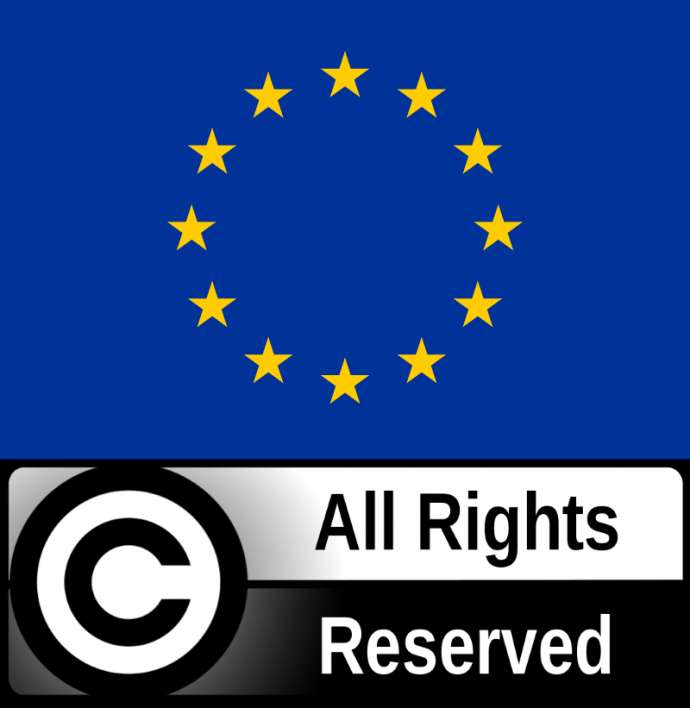STA, 15 April 2019 - EU member states gave the final stamp of approval on Monday to the directive on copyright in the single digital market. Nineteen states voted yes, six were against, with three, including Slovenia, abstaining.
EU members have two years to transpose the new rules, which were adopted despite the criticism of facilitating censorship on the internet, into national law, whereupon the directive will enter into force.
The Slovenian Permanent Representation at the EU explained Slovenia had abstained because it believed the final compromise did not sufficiently reflect the interests of the majority of Slovenian stakeholders.
The German news agency dpa reported that if another country, for instance Germany, had voted no or abstained today, the new directive would have fallen through.
According to the French press agency AFP, voting against were Italy, Finland, Sweden, Luxembourg, the Netherlands and Poland, whereas the other two countries abstaining were Estonia and Belgium.
When the European Parliament voted on the directive on 26 February, the majority of Slovenia's MEPs rejected it, mostly arguing it undermined internet freedom. Only three of Slovenia's eight MEPs backed it.
However, Slovenian creatives welcomed the Parliament's yes vote, with its fiercest opponents, among then the opposition Left and the non-parliamentary Pirate Party, labelling it a "catastrophe" and a "dark day for the internet".
The directive is part of the EU's reform of copyright law designed to adjust it to the digital age. In today's press release, the EU Council said it provided an adequate degree of protection of authors and artists, at the same time bringing new opportunities to access and share copyrighted works around the EU.
The directive was put forward by the European Commission in September 2016, but it took two years of talks and adjustments for the European Parliament, the EU Council and the Commission to arrive at a compromise last February.







